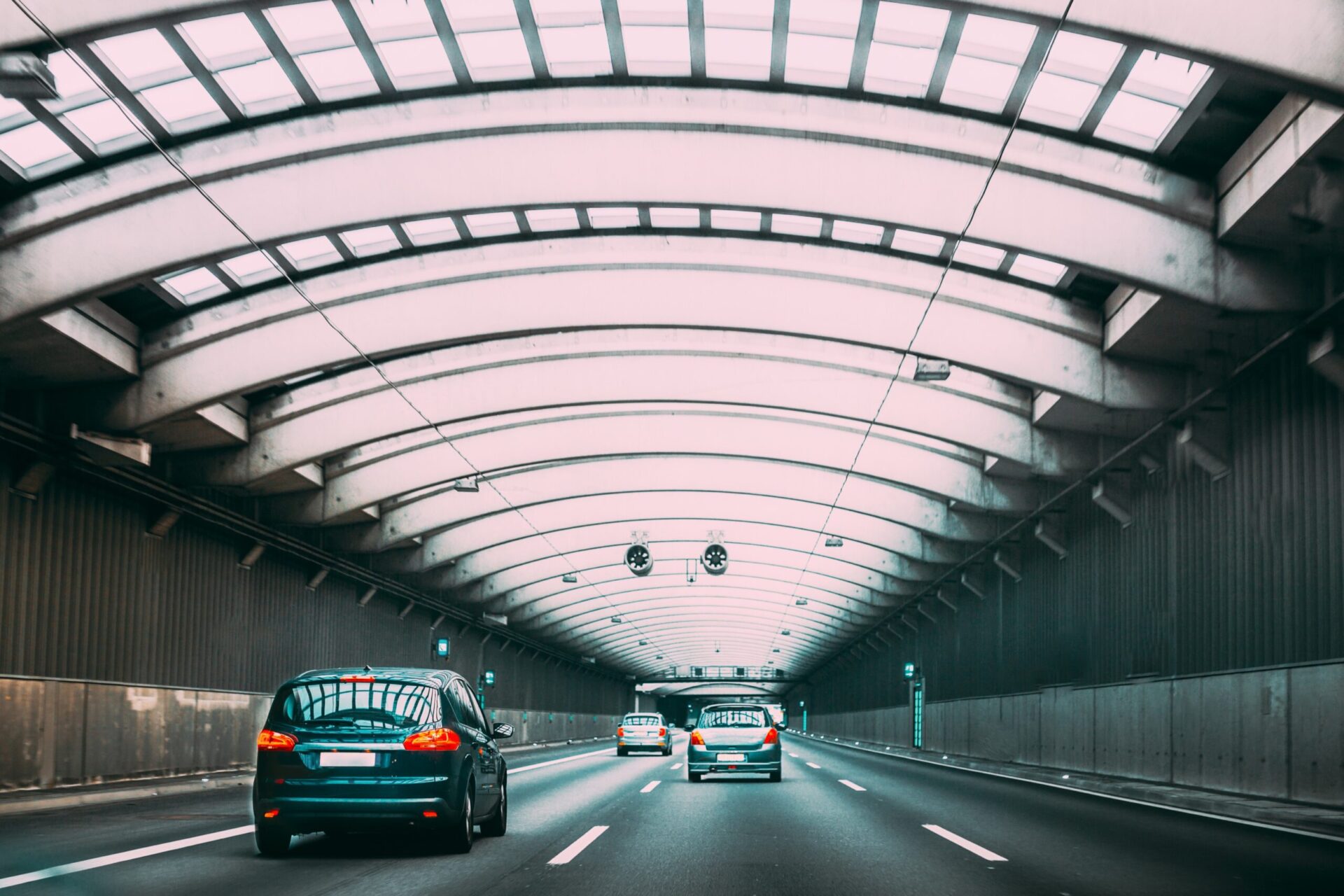Polyurea coatings are quickly becoming the go-to choice for protective coatings in the transportation industry. Why? There are several reasons. Polyurea coatings are more chemically resistant than other types of coatings, they can be applied very quickly, and they provide excellent protection against corrosion and abrasion.

If you are looking for a way to extend the lifespan of your equipment and reduce the amount of time and money that you spend on maintenance, then you should consider investing in polyurea protective coatings.
In this blog post, we will discuss the benefits of using polyurea protective coatings in the transportation industry and go over some key applications of polyurea.
Benefits of Using Polyurea Coatings in the Transportation Industry
The benefits of using polyurea coatings in the transportation industry are tenfold. These coatings require very little maintenance, which is important in an industry where vehicles are often exposed to harsh conditions. Polyurea coatings are an excellent way to protect your investment and keep your equipment looking new.
Below are some of the key benefits of polyurea protective coatings.
Chemical Resistance
One of the biggest benefits of using polyurea coatings in the transportation industry is their chemical resistance. Polyurea coatings are much more resistant to chemicals than other types of coatings, making them ideal for use in environments where chemicals are present. This is especially important in the transportation industry, where chemicals are often used in the cleaning and maintenance of vehicles.
Quick Application
Another benefit of using polyurea coatings in the transportation industry is their quick application. In the transportation industry, time is often of the essence and vehicles need to be back on the road as soon as possible. Any delays can have a ripple effect. Polyurea coatings can be applied very quickly, and because of this quick application, it allows for a faster turnaround time.
Protects against Corrosion and Abrasion
Polyurea coatings also provide excellent protection against corrosion and abrasion. This is important in the transportation industry, where vehicles are often exposed to harsh conditions that can cause corrosion and abrasion. By using polyurea coatings, you can help to protect your vehicles from these conditions and extend their lifespan.
Defends against Scratches and Dents
Another great benefit of using polyurea coatings is that they can help to defend against scratches and dents. Research has shown that polyurea can deflect or absorb impact, which reduces the risk of scratches and dents on transport vehicles. This is important in an industry where vehicles are often exposed to debris and other hazards that can cause scratches and dents.
Low Maintenance
Polyurea coatings also require very little maintenance. Advanced polyurea has a rapid gel time that results in a durable seamless membrane. By using polyurea coatings, you can help to reduce the amount of time and money that you spend on maintenance.
Extends the Lifespan of Your Equipment
Finally, you should invest in polyurea protective coatings to increase the lifespan of your vehicles and optimize your ROI. Polyurea coatings for trucks and trailers extend the life of your equipment and increase your resale value as a whole.
Applications of Polyurea Coating in the Transportation Industry
Polyurea coatings can be used in a variety of applications in the transportation industry. Some of the most common applications include:
- Transportation Trailers: Winter weather, ice, sand, and other elements may all damage your steel trailer’s protective surface. Polyurea coatings protect your transportation trailers from dents, dings, scratches, gouges, and other damage. Lining the interior or exterior of your trailer with a polyurea coating can protect your trailer from future dents and harm.
- Trucks: Polyurea coatings can be used to protect trucks from corrosion and abrasion.
- Rail Cars: Railcars are used to transport abrasive materials, such as sand, tar, and coal, across great distances. Other hazardous chemicals, such as methyl bromide, methanol, sodium chlorate, sulfuric acid, chlorine, ethyl trichlorosilane, diisocyanate, and tolueneare frequently carried great distances. Polyurea tank linings and chemical-resistant coatings protect against hazardous chemical spills and minimize the chance of negative chemical reactions during transport.
- Tunnels: Tunnelsare designed to be long-lasting and are constructed to endure many years of wear and tear if properly preserved. Constant exposure to elements, like moisture and pollution, accelerate the process of deterioration. That is why tunnels must be coated with a water-resistant material, like polyurea, to prevent corrosion and rust from entering the structure.
- Bridges: Bridges can experience vibration when cars and trucks drive over them constantly. This might cause the infrastructure to deteriorate even more. Polyurea is versatile, impact resistant, and deals with motion better than the alternatives. Polyurea coating can endure any climate, no matter what the temperature. They not only contribute to structural strength but waterproof and protect the concrete and rebar in these structures.
Contact IMC Distributors to Learn More about Polyurea Protective Coatings for the Transportation Industry
IMC Distributors is one of the leading suppliers of polyurea protective coatings in Toronto, the GTA, and across North America. We provide various industries, including the transportation industry, with advanced polyurea protective coatings that are proven to work. If you have any questions about polyurea coatings or how they can be used in your industry, please contact us today. Our experts would be happy to answer any questions that you may have.
 Karli Logan is the Owner and President of IMC Distributors which is the exclusive partner of Nukote Coating Systems in Canada. With a B.Sc and M.Sc, as well as a demonstrated history of working across a number of industries, she has a passion to drive significant gains and benefits for IMC’s clients.
Karli Logan is the Owner and President of IMC Distributors which is the exclusive partner of Nukote Coating Systems in Canada. With a B.Sc and M.Sc, as well as a demonstrated history of working across a number of industries, she has a passion to drive significant gains and benefits for IMC’s clients.